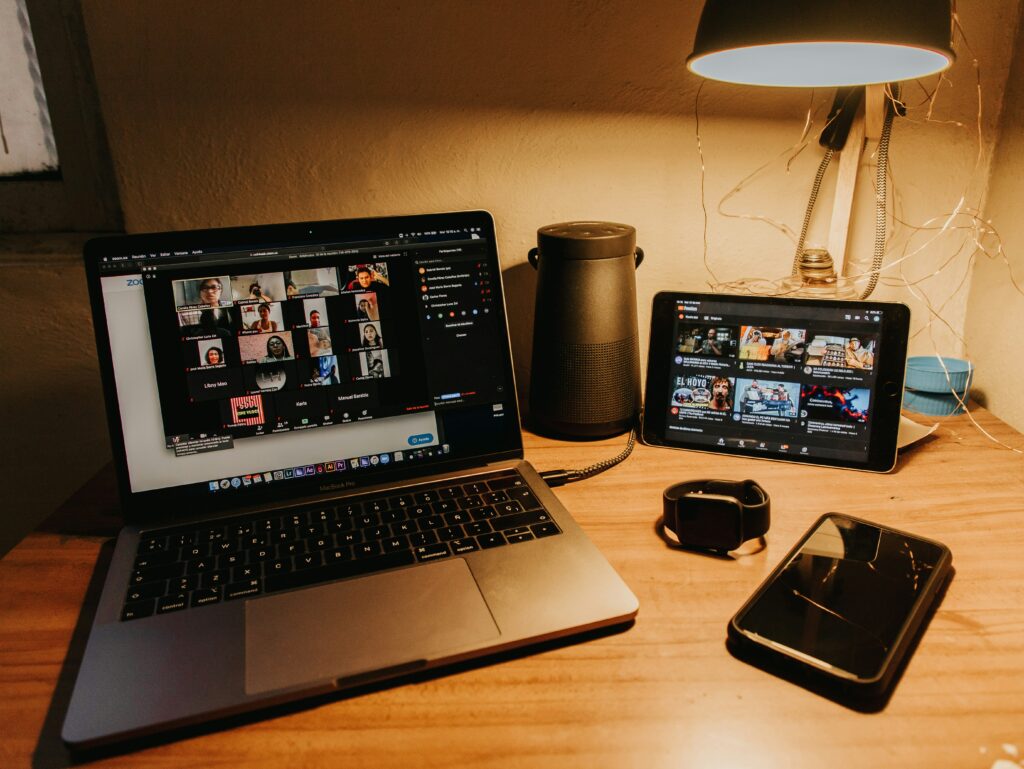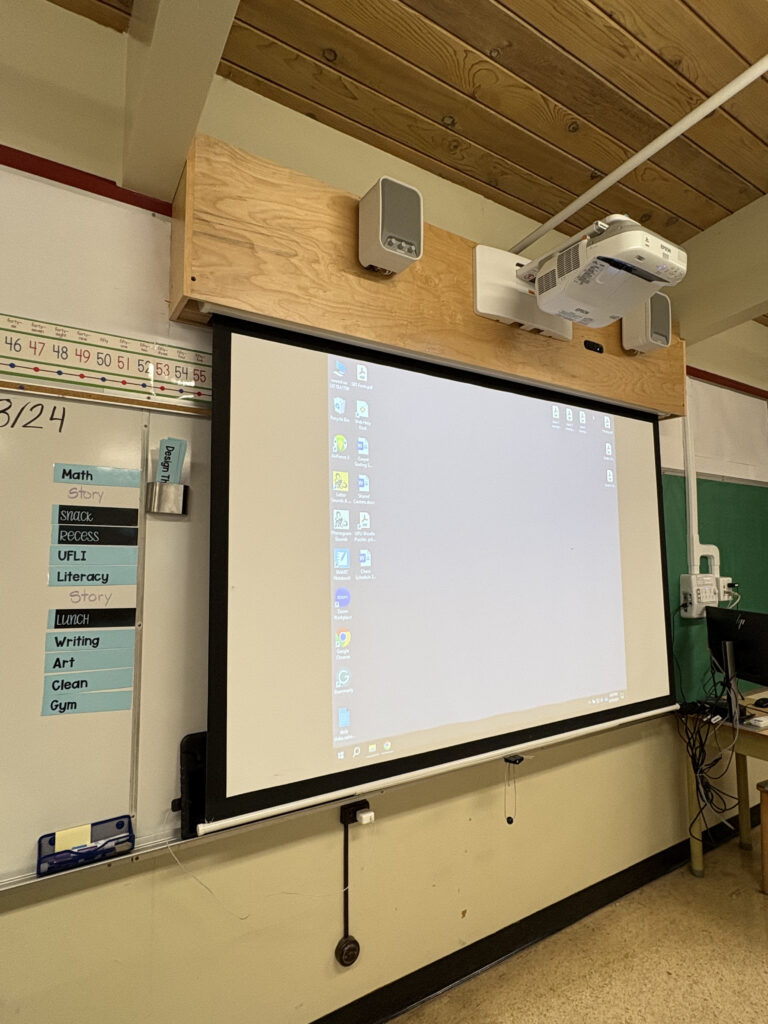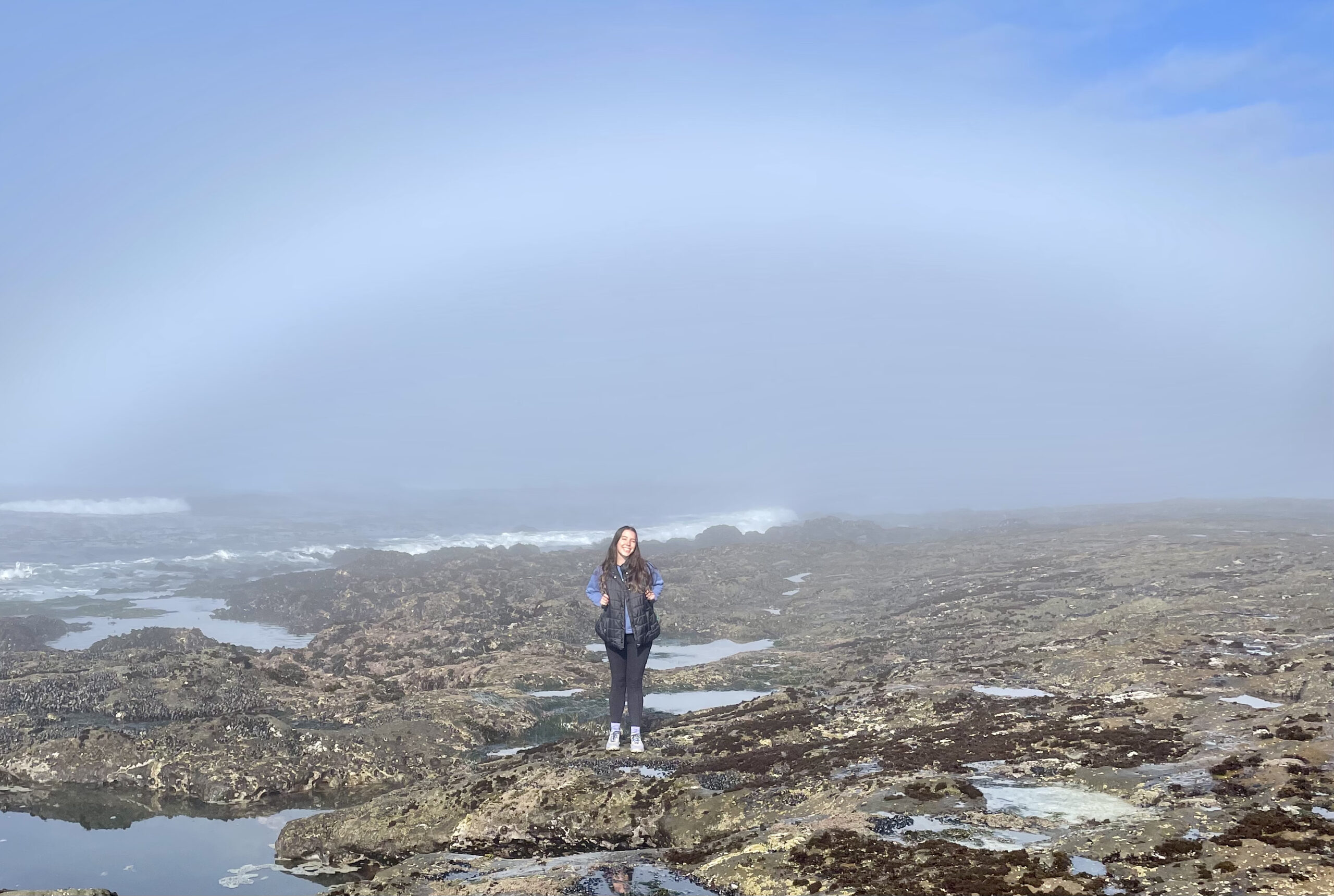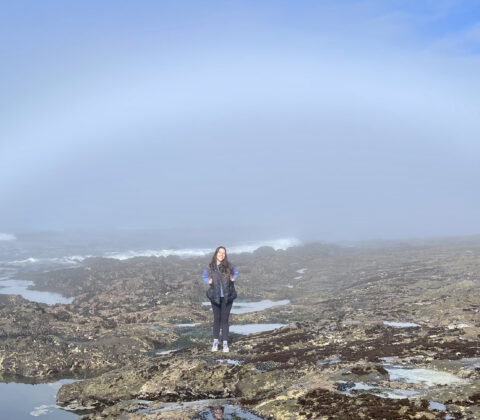Monthly Archives: January 2025
Blog Post 1: Learning, Motivation, and Theory
The readings and videos from the last few weeks offered thought-provoking insights into how behaviorism, cognitivism, and constructivism shape instructional design. These theories, presented in Foundations of Learning and Instructional Design Technology, emphasize distinct methods for understanding and supporting learning. Reflecting on these theories, as well as the challenges highlighted in “The Backwards Brain Bicycle” and Keller’s ARCS Model, I found meaningful parallels with my own learning journey.
Prompt: Describe an example from your life of when you were taught using each method described in this article: behaviorism, cognitivism, and constructivism.

I had to ask a local to take my picture when I was alone, using the learnt conversation skills from my studies.
Learning Spanish was both an immense challenge and a deeply rewarding experience. Early on in my language learning, the high school and college classes relied on behaviorist methods. Repetitive drills and immediate feedback created a solid foundation, but over time, this approach began to feel limiting. While these methods helped me memorize vocabulary and grammar rules, they didn’t foster the confidence or fluency needed for real-world communication. This limitation prompted me to explore more engaging ways of learning.
As I advanced, my learning evolved into a cognitivist approach. My teacher encouraged us to connect new material to prior knowledge, such as comparing the subjunctive mood to the indicative mood. This emphasis on structuring information made abstract concepts feel more accessible. I began to see patterns in the language, which not only depend my understanding, but also helped me retain knowledge more effectively.
The most transformative phase of my learning occurred when I immersed myself in real-world contexts, traveling to Chile and Spain, which embraced a constructivist approach. Engaging in conversations with native speakers and participating in cultural activities made the language come alive. These experiences allowed me to apply my classroom knowledge in meaningful ways, adapt to challenges on the spot – such as getting directions to my hostel in a city where all the nearby streets had the same name – and build a genuine appreciation for Spanish-speaking cultures. These moments fueled my intrinsic motivation and gave me a sense of accomplishment that purely academic exercises couldn’t provide.
Motivation played a critical role throughout this process. Keller’s ARCS Model helps explain why my teachers’ strategies were so effective. They captured my attention with varied and interactive lessons, demonstrated the relevance of Spanish though real-world applications, built my confidence by setting achievable goals, and celebrated milestones like my first successful conversation. This combination kept me engaged and committed to learning.
Prompt: How would the learning be designed differently by a behaviorist, a cognitivist, and a constructivist? Scenario: A high school social study teacher is planning a class on climate change.
If I were to design a high school social studies class on climate change, I would integrate all three learning theories. Behaviourist methods, such as quizzes, could reinforce foundational knowledge. Cognitivist strategies, like creating concept maps, would help students connect ideas. Constructivist activities, such as collaborative projects on local climate initiatives, would allow students to apply their knowledge meaningfully. To sustain motivation, I would incorporate ARCS principles by using engaging media, connecting content to students’ lives, fostering confidence through clear goals, and celebrating their successes.
By thoughtfully combining these learning theories and motivational strategies, instructional design can become both effective and engaging. As someone who wants to have their own elementary school class, I appreciate the constructivist approach the most, to have the opportunity to create experiences that not only impart knowledge but also inspire learners to apply and value what they’ve learned towards a real-world context is so valuable to me as a learner and as a future educator.
Resources:
Category blog posts for Week 1 and 2: Learning, Motivation, and Theory on the EDCI 335 Website. https://edtechuvic.ca/edci335/category/learning-motivation-and-theory/
Ertmer, P. A., & Newby, T. (2018). Behaviorism, Cognitivism, Constructivism: Comparing Critical Features From an Instructional Design Perspective. Foundations of Learning and Instructional Design Technology: Historical Roots and Current Trends. Ch. 11: pp.1-14. https://edtechbooks.org/lidtfoundations/behaviorism_cognitivism_constructivism
Keller, J. M. (1987a). Development and use of the ARCS model of motivational design. Journal of Instructional Development, 10(3), 2 – 10. (Reference found from “What are the ARCS categories?” page on https://www.arcsmodel.com/arcs-categories)
Keller, J. M. (1987b). Strategies for stimulating the motivation to learn. Performance & Instruction, 26(8), 1-7. (Reference found from “What are the ARCS categories?” page on https://www.arcsmodel.com/arcs-categories)
Keller, J. M. (1999). Motivation in cyber learning environments. Educational Technology International, 1(1), 7 – 30. (Reference found from “What are the ARCS categories?” page on https://www.arcsmodel.com/arcs-categories)
Keller, J. M. (2010). Motivational design for learning and performance: The ARCS model approach. New York: Springer. (Reference found from “What are the ARCS categories?” page on https://www.arcsmodel.com/arcs-categories)
Sandlin, Destin. (2015) “The Backwards Brain Bicycle”. Smarter Every Day: 133. Youtube. https://www.youtube.com/watch?v=MFzDaBzBlL0&t=1s
URL for Blog Post #1: https://katenelsonstudies.opened.ca/blog-post-1-learning-motivation-and-theory/
Blog Post #1
Hello everyone! My name is Kate, and I am currently in my fourth year studying sociology. I am also a prospective elementary education student for the post-degree program at UVIC. I’m excited to be part of EDCI 339, where I hope to explore how distributed and open learning can transform education.

Throughout my academic journey, I have encountered various learning formats, from traditional classrooms to online and hybrid courses. A defining moment for me was the shift to online learning during the pandemic, which was the first time I received education in a long-term online format. Initially, I did not not appreciate how much I valued in-person interactions, such as discussing course content with peers or seeking clarification from professors immediately after class. Five years later, I have come to appreciate the advantages that online, blended, and hybrid courses offer, particularly the greater flexibility. This flexibility allows me to focus more on academic content rather than logistical challenges, such as parking or finding seating, which can hinder motivation. These experiences have depended my interest in the role of technology and how it can continue to shape the future of learning.
In addition to my work and studies, I currently volunteer in a Grade 2 classroom in the Victoria School District. My role includes assisting with spelling, writing and reading practices, checking math workbooks and activities, and helping with various projects around the class and the school environment. The teacher in this classroom uses various digital tools – such as online literacy resources and instructional videos, and self-designed lessons in subjects like math, and science – to create an engaging and inclusive learning environment. I have observed the significant growth in students’ digital literacy, particularly as they use technology to enhance their learning. For example, students who complete tasks from home demonstrate how hybrid and distributed educational models can make learning more inclusive, flexible, individualized learning opportunities, which support my belief that education should be adaptable and accessible to all learners.

What is Distributed Education?
Distributed education leverages digital technologies to provide learning opportunities outside traditional classroom settings. Unlike face-to-face learning, it fosters flexibility by allowing students to access materials and interact with instructors and peers regardless of location. My own experiences with distributed education have highlighted its ability to minimize physical barriers to learning, and provides more control over how and when education is accessed. This flexibility has allowed me to balance coursework with other commitments, illustrating its potential to accommodate diverse student needs.
What is Open Education?
Open education takes accessibility further by offering free and unrestricted access to educational resources. It promotes inclusivity by removing financial and systemic barriers to education. For example, open educational resources (OER) allow students to access textbooks and other materials at no cost, which can be transformative for learners from diverse socioeconomic backgrounds(“20 Years of EdTech”, Martin Weller, 2018). In my volunteering, I have seen firsthand how free digital tools can enhance student learning, promoting inclusivity and reducing disparities in access to educational content.
Modes of Learning and Digital Identity
I’ve experienced a variety of learning modes, including face-to-face, online, blended, and hybrid formats. While I appreciate the sense of community in traditional classroom settings, I find blended learning to be the most effective for me. It offers the best of both worlds: the flexibility of online education and the interpersonal connection of in-person learning. As for my digital identity, I aim to maintain a professional and positive presence online. Whether it’s through LinkedIn or educational platforms, I carefully curate my online interactions to reflect my values and interests. In this course, I look forward to further exploring how digital identity can enhance my educational and professional growth.


Introduction
Hello and welcome to my blog site! I look forward to taking this course, as it is my first time being in a Curriculum & Instruction class! My name is Kate and I am in my fourth year and final semester of my Sociology degree, and I am also a prospective Elementary Education PDPP student. I have heard that it’s a good idea to take courses in this subject topic before starting the Education program, so I’m excited to learn about design in different environments, and get to know you all in my groups as the semester goes on! Good luck to all of you reading this with your courses!
Recent Comments